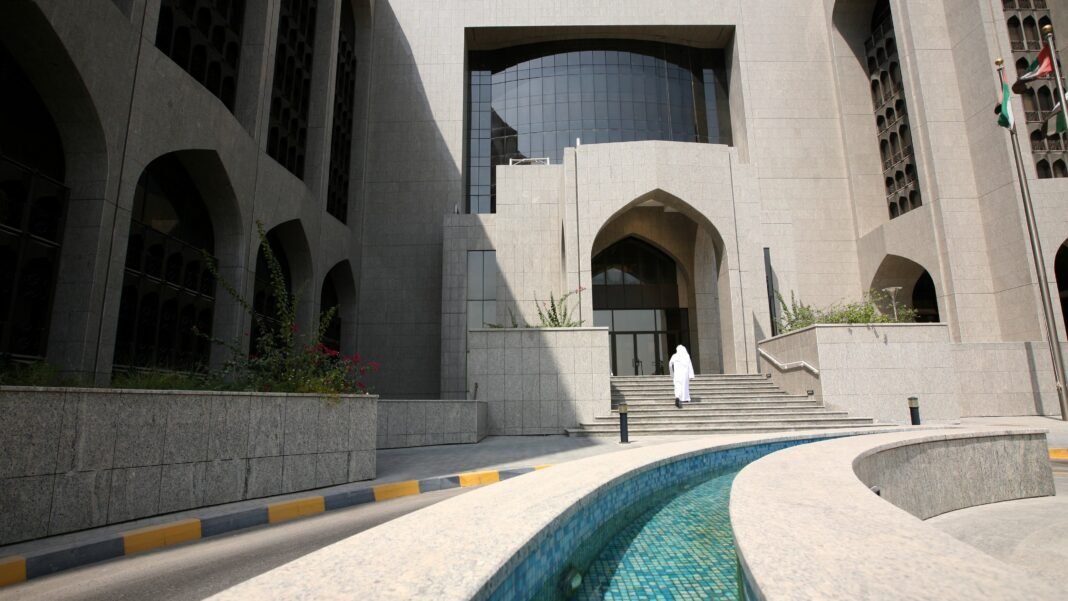The UAE Central Bank revoked the licence of Malik Exchange, an Abu Dhabi-based remittance company, after serious compliance breaches. The regulator struck the firm’s name off the register and imposed a Dh2 million fine. This decision reinforced the country’s strict stance against money laundering and terrorism financing.
UAE banks remain determined to safeguard the financial system. The Central Bank explained that tough action ensures transparency and accountability. It stressed that exchange houses, owners, and staff must follow national laws without exception. The move highlighted the growing commitment to protect the integrity of transactions.
Malik Exchange, founded in 1996, had provided payroll services, remittances, payments, and foreign currency operations. However, its failure to comply with rules ended decades of activity. The Central Bank made clear that neglecting regulations leads to severe consequences. Furthermore, this case showed how regulators prioritize financial security over leniency.
The action against Malik Exchange is part of a wider crackdown. In recent months, several exchange houses faced penalties for compliance failures. The regulator fined three companies Dh4.1 million for weak controls. It also imposed Dh100 million, Dh3.5 million, and Dh200 million fines on other operators. Each case emphasized that no firm escapes consequences when compliance breaks down.
During the first half of the year, fines on private entities surpassed Dh42 million. Authorities discovered more than 1,000 breaches across multiple sectors. These findings revealed significant gaps but also showed progress in regulatory enforcement. The government highlighted that consistent inspections strengthen oversight and protect the economy.
Moreover, the UAE updated its laws on anti-money laundering and terrorism financing. These reforms introduced stronger frameworks and stricter monitoring tools. Officials emphasized that the changes bring the financial system closer to international standards. As a result, the reforms signaled a new era of transparency.
Recognition from abroad soon followed. The European Union decided to remove the UAE from its list of high-risk countries. Observers noted that the move reflected international confidence in the nation’s compliance efforts. It also marked a milestone in the country’s reputation for financial integrity.
The Central Bank’s decision against Malik Exchange represents more than punishment. It sends a wider message to every operator. Compliance is not optional but mandatory. Any failure will result in immediate penalties and possible licence revocation. This clarity helps strengthen trust among consumers, investors, and global partners.
UAE banks continue to play a central role in this transformation. By enforcing regulations, they ensure safer transactions and a stronger financial framework. Their efforts align with national goals of building a resilient, transparent, and sustainable economy. Therefore, each enforcement action strengthens both domestic stability and international credibility.
The country is likely to increase inspections further. Analysts believe regulators will expand oversight across all financial sectors. They expect stronger monitoring tools and more frequent audits. As a result, exchange houses and financial institutions must maintain strict compliance or face severe consequences.
The revocation of Malik Exchange’s licence proves the government’s zero-tolerance policy in action. With stricter oversight, tougher penalties, and constant reforms, UAE banks show they will not compromise on financial security. The message is clear: protect integrity or lose the licence to operate.





